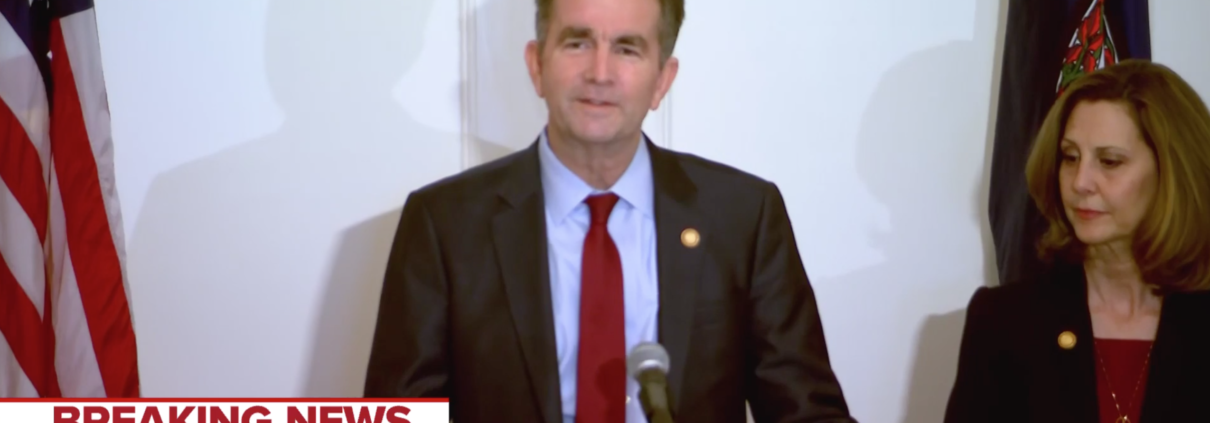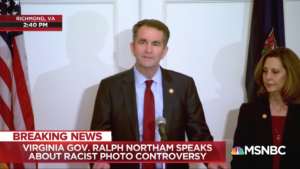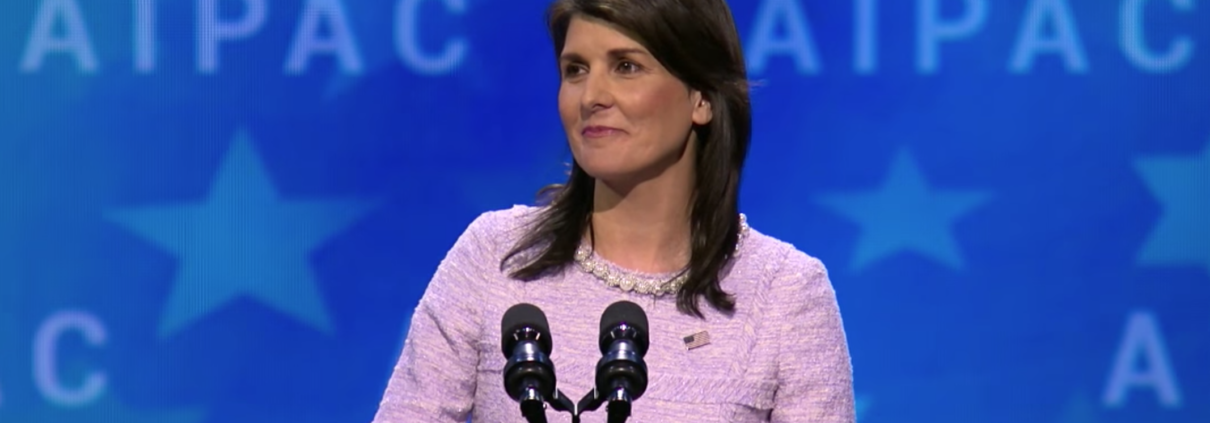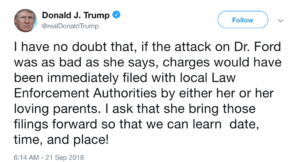As Nikki Haley prepares to step down from her position as UN ambassador at the end of the year, her popularity on both sides of the aisle has come into sharp focus. In April, Quinnipiac released a poll that showed Republicans and Democrats liked Haley 75-9 and 55-23, respectively.

With numbers like that, Nikki Haley might be the most popular politician in America right now. But why? We think her communication game has a lot to do with it. Here are the three things she does that we wish more politicians would consider:
#1 — She stands up for herself.
Haley has responded to a number of unfair comments about her and her motivations, but the tussle ignited by Larry Kudlow highlights how good she is at standing up for herself:
“When a White House official suggested this week that United Nations Ambassador Nikki Haley had suffered ‘momentary confusion’ over the Trump Administration’s approach to new Russian sanctions, she responded with a clear message to the contrary. ‘With all due respect, I don’t get confused.’”
Haley could’ve ignored or apologized for the attack, but instead she defended herself with confidence and clarity.
#2 — She doesn’t take sides.
As a female, Haley had to address the allegations against her boss that surfaced in the 2016 campaign, and she did so in the best way possible:
“More than a dozen women came forward during the 2016 campaign with allegations of unwanted touching or kissing or other forms of sexual harassment. Haley addressed the allegations on CBS’s Face the Nation, after discussing North Korea’s missile tests and the plan to move the U.S. Embassy in Israel to Jerusalem. Haley told host John Dickerson that women who feel that they were harassed by Trump have ‘every right to speak up’ and ‘we should all be willing to listen to them.’”
Haley didn’t discuss details or place blame, but instead focused on what everyone is seeking — the truth.
#3 — She’s tough.
There are numerous examples of Haley’s “take no prisoners” approach as UN ambassador, but the following statement is a good example of the kind of speech she’s now famous for:
“[In March 2017, Haley spoke] to the American Israel Public Affairs Committee (AIPAC), [and] said the U.S. was putting countries ‘on notice.’ The U.S. now will ‘actually act on what we say,’ she said. ‘If you challenge us,’ she said, ‘be prepared for what you’re challenging us for, because we will respond.’”
Women are often categorized as shrill or aggressive when they talk tough, but Haley hasn’t received that same characterization. When she’s tough, she speaks simply and clearly and exudes confidence.


















